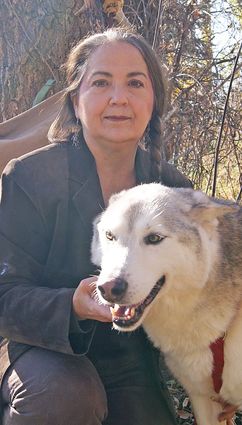Monarch butterfly numbers dangerously low, learn more at Ipswich Library
July 4, 2018
Ipswich Tiger Post students and staff have planted native South Dakota plants in the gardens. They are learning to garden and raise butterflies, which they plan to release later in the season.
Verna Kay Boyd will present "Monarch Butterflies in South Dakota" at the Marcus P. Beebe Library on Thursday July 12 at 2 p.m.
The public is invited to attend her presentation to learn how you can plant milkweed and help the Monarch butterflies survive and thrive in our area.
Monarchs are one of the most recognized and well-know butterflies in North America. They were once so numerous they darkened the sky on their flyway during their migration. Their numbers have now plummeted to a dangerous low due to the use of insecticides and herbicides. Unfortunately, the general public is mostly unaware that commercial use of these products both in agriculture and the home are driving Monarch butterflies to the brink of extinction.
Monarch larvae feed exclusively on milkweed leaves. Milkweed, once a common native flowering plant, has nearly disappeared also due to poisoning. As the presence of milkweed decreases so do the caterpillars that feed on it. Milkweed plants are flowering perennials.
Monarch butterflies are pollinators. The pollinators and milkweed in our farm fields and gardens are necessary if we hope to have these beautiful creatures survive.
Verna's presentation is sponsored by the Marcus P. Beebe Library and the S.D. Humanities Council. For more information regarding the SD Humanities Council visit their website at http://sdhumanities.org .



Reader Comments(0)